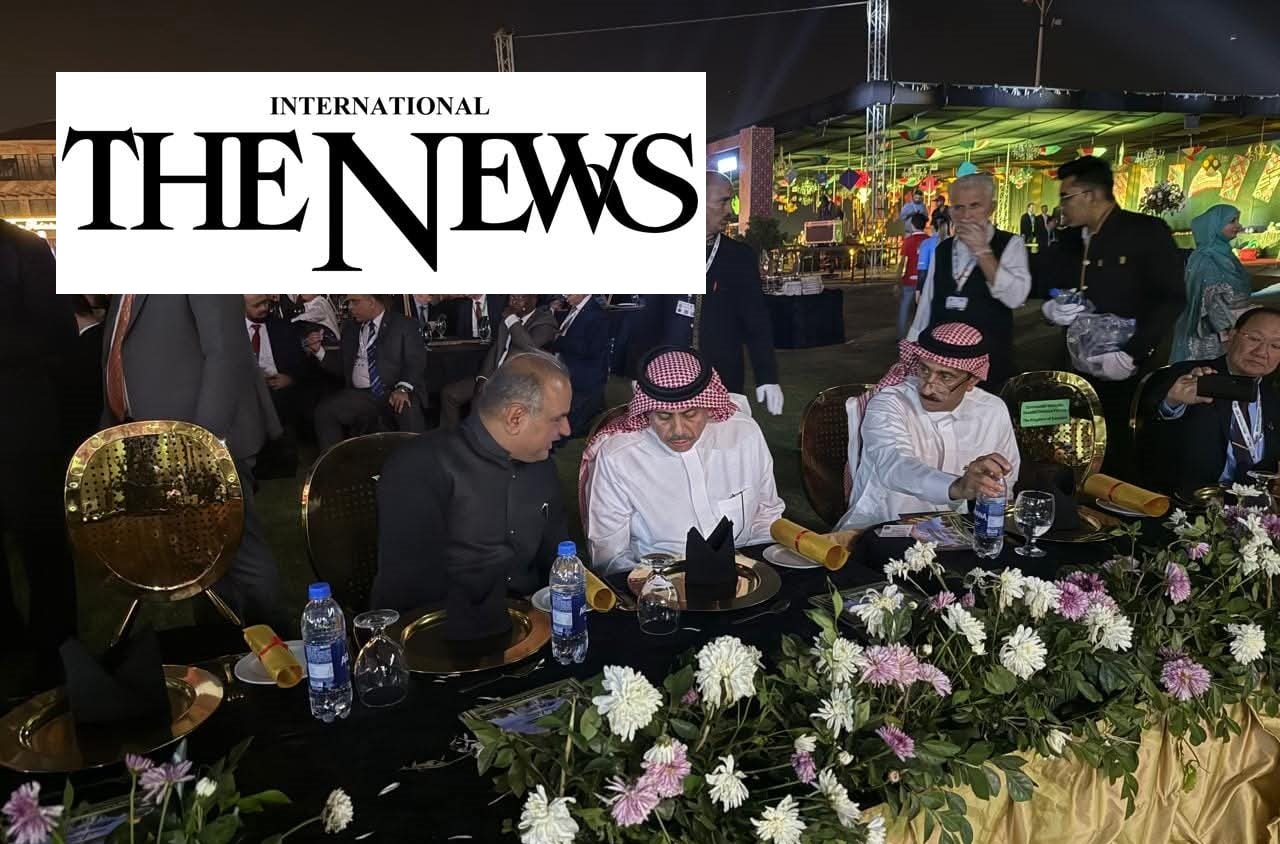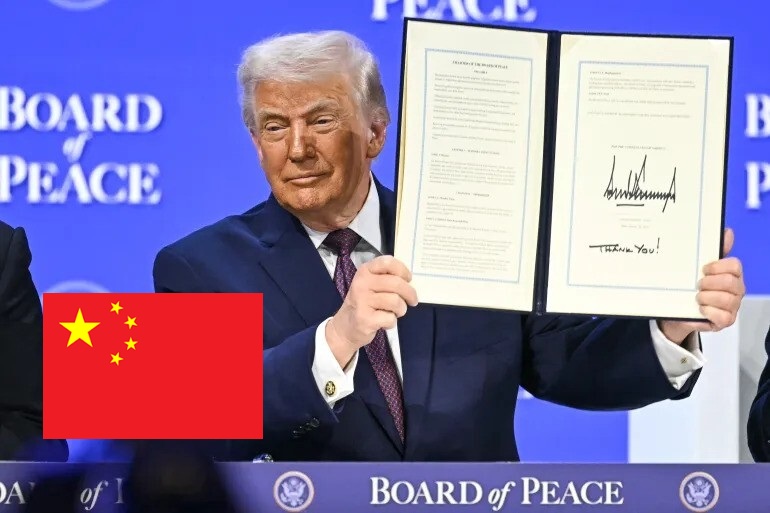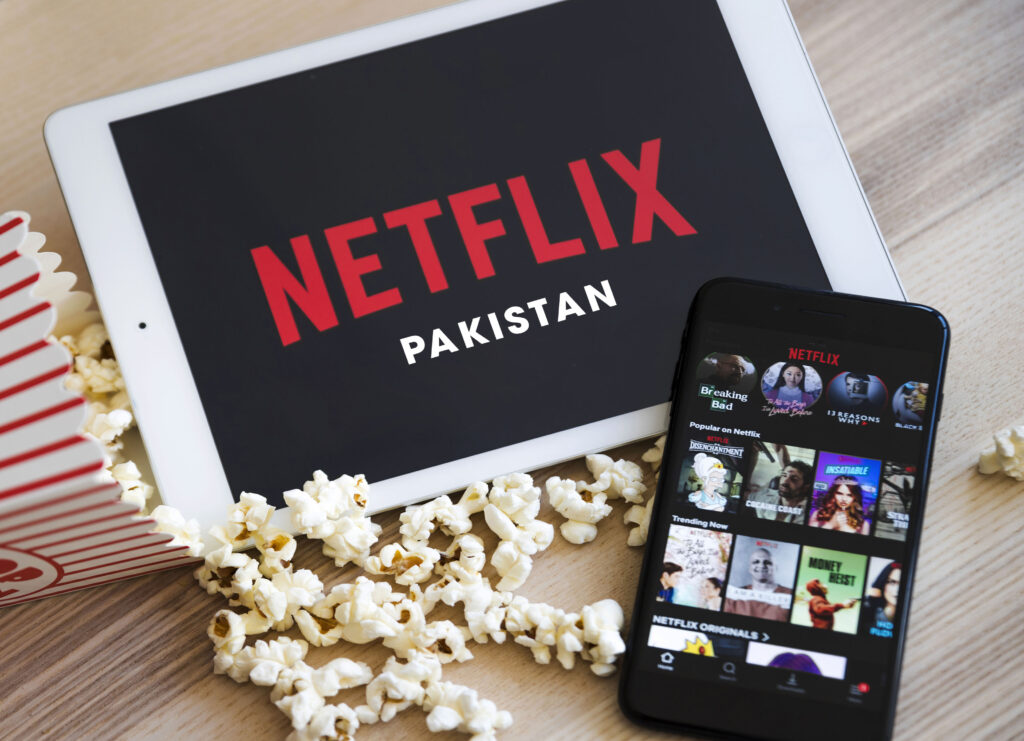The legacy of Pak-Gulf military cooperation is wisely discussed by a prominent minority parliamentarian Dr. Ramesh Kumar Vankwani, in his recent opinion piece “The Unshakable Shield,” published in The News International. Dr. Vankwani eloquently advocates for a robust and mutually beneficial strategic relationship between Pakistan and the Gulf Cooperation Council (GCC) nations. Emphasizing Pakistan’s historical role as a strong military ally, Dr. Vankwani, who also heads Pakistan Hindu Council, underscores the need for Gulf nations—particularly Saudi Arabia and the UAE—to reciprocate by investing economically in Pakistan’s future.
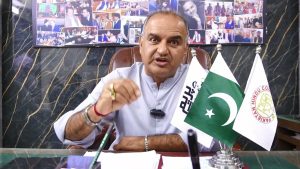
While the article makes a strong case for enhanced cooperation, it also opens the floor for critical examination. What does an “unshakable shield” entail in the modern geopolitical climate? How sustainable is a relationship that leans heavily on defense ties without equal attention to economic interdependence? This article explores these questions in depth, situating Dr. Vankwani’s argument within the broader regional and global context.
Dr. Vankwani’s analysis begins by tracing the rich legacy of Pakistan’s military cooperation with Gulf states. From dispatching troops to support Saudi Arabia in the 1960s, to offering training and defense collaboration during the Arab-Israel wars and the Gulf War, Pakistan has stood consistently as a guardian of regional peace, at least in the eyes of Arabs.
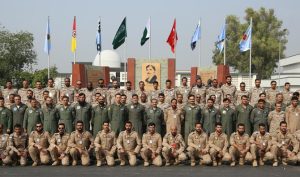
Pakistan’s commitment to the collective defense of Muslim nations, often at great diplomatic cost, has earned it a unique position in Middle Eastern geopolitics. The appointment of former Pakistani Army Chief Gen. Raheel Sharif as the first Commander-in-Chief of the Saudi-led Islamic Military Counter Terrorism Coalition further symbolizes this trust and ideological alignment.
However, while these historical ties are a source of pride, they also come with nuanced challenges. Pakistan’s efforts to balance relations with different ideological players in the region have often required a careful diplomatic walk. Over-commitment to one bloc risks alienating another, and this tightrope diplomacy must not be overlooked when analyzing military alliances.
Military Legacy Alone Cannot Sustain Strategic Depth
Dr. Vankwani argues that Pakistan is a cornerstone of security in the region and deserves greater recognition from Gulf leadership. As far as military legacy is concerned, this is accurately said; Pakistan’s large, battle-hardened military, nuclear capability, and experience in both conventional and counterterrorism operations make it a vital security partner.
However, modern alliances increasingly depend on multidimensional cooperation. Military legacy and security cooperation without economic backbone limit strategic utility. While Gulf nations historically see Pakistan as a reliable security provider, the absence of comparable economic collaboration limits the depth and sustainability of this partnership. Over-reliance on rich military legacy without strengthening Pakistan’s economic foundations risks turning the alliance into a one-dimensional arrangement.
Economic Disparities: A Weak Link in a Strong Shield
The article rightly points to the “underdeveloped” economic relationship between Pakistan and the GCC nations. Despite millions of Pakistani workers in Gulf states and billions in remittances, long-term investments, bilateral trade agreements, defense legacy and industrial collaborations remain disappointingly sparse.
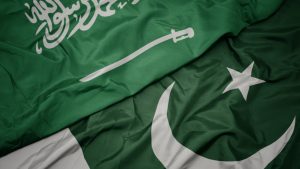
Gulf countries, particularly Saudi Arabia and the UAE, have sovereign wealth funds worth trillions of dollars. Yet, their investments in Pakistan are often reactive—offering bailout packages or deferred oil payments in times of crisis—rather than strategic or developmental. Dr. Vankwani calls upon the Gulf leadership to recognize Pakistan as a “partner” rather than a “petitioner,” arguing for a paradigm shift in which economic collaboration becomes foundational to regional security.
This is a crucial and timely point to emphasize the rich legacy with an emphasis that Without a stable economy, Pakistan cannot project influence, defend itself effectively, or contribute meaningfully to regional stability. Gulf states must move from transactional support to transformational investments—through special economic zones, technology transfers, and infrastructure development—if the alliance is to be truly unshakable.
A Shared Security Vision or Regional Instrumentalization?
One of the more provocative implications of Dr. Vankwani’s argument is the assumption that Pakistan is, or should be, a regional security instrument for the Gulf. While the intention is to emphasize mutual respect, the phrasing risks reinforcing the perception that Pakistan’s legacy is largely to defend Arab interests, often at the expense of its own.
The recent history of Pakistan’s refusal to send troops to Yemen despite Saudi requests is instructive. It showcased Pakistan’s desire to assert strategic autonomy and avoid entangling itself in sectarian conflicts that could ignite domestic unrest or strain relations with any Middle Eastern country. Pakistan’s parliament made a rare bipartisan decision in 2015 to prioritize neutrality, despite decades of loyalty to Riyadh.
This signals a maturing foreign policy perspective that must be recognized and respected by Gulf partners. Strategic alliances cannot be sustainable if one party is expected to offer blood and boots, while the other offers loans with strings attached. Dr. Vankwani’s article would have benefitted from engaging this evolving power dynamic more directly.
Beyond Defense: Time for a Soft Power Strategy
While the article emphasizes military and economic cooperation, it leaves out one crucial element: soft power. Pakistan, with its vibrant culture, influential diaspora, and Islamic credentials, has untapped potential in public diplomacy. Similarly, the GCC countries, especially Qatar and the UAE, have successfully projected themselves as hubs of media, culture, and innovation.
Pakistan-Gulf cooperation must also encompass education, media, tourism, technology, and climate resilience. The creation of think tanks, university exchanges, cultural festivals, and joint research initiatives could build lasting people-to-people ties. This would not only diversify the alliance but also make it resilient in a world where military might alone no longer guarantees influence.
Conclusion: From Shield to Partnership
Dr. Ramesh Kumar Vankwani’s “The Unshakable Shield” to highlight the military legacy between Pakistan and Gulf states is a timely reminder of Pakistan’s enduring importance to Gulf security. It is also a passionate plea for greater recognition of Pakistan’s sacrifices and potential. Yet, to transform this “shield” into a true partnership, the relationship must evolve beyond defense and crisis-driven economics.
For the alliance to be truly unshakable in terms of security legacy, it must be built on mutual investment, shared prosperity, and a multidimensional vision of regional cooperation. Strategic autonomy, economic equality, and cultural exchange must replace dependency and unilateral expectations.
Pakistan and the Gulf nations stand at a crossroads. To forge a balanced, resilient, and forward-looking alliance is now need of time.
~ Dr. Hina Zafar
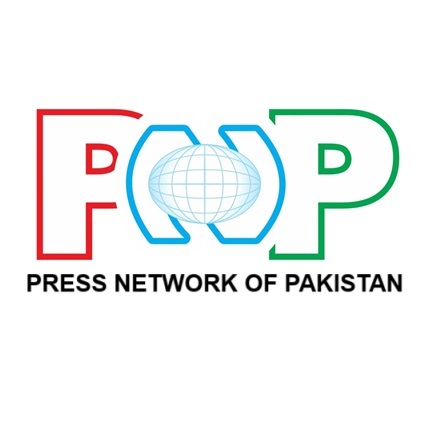
Dr. H. Zafar is a distinguished writer and analyst associated with Press Network of Pakistan as Associate Editor. With a strong academic background and years of research experience, she brings depth, clarity, and analytical rigor to her writings.

